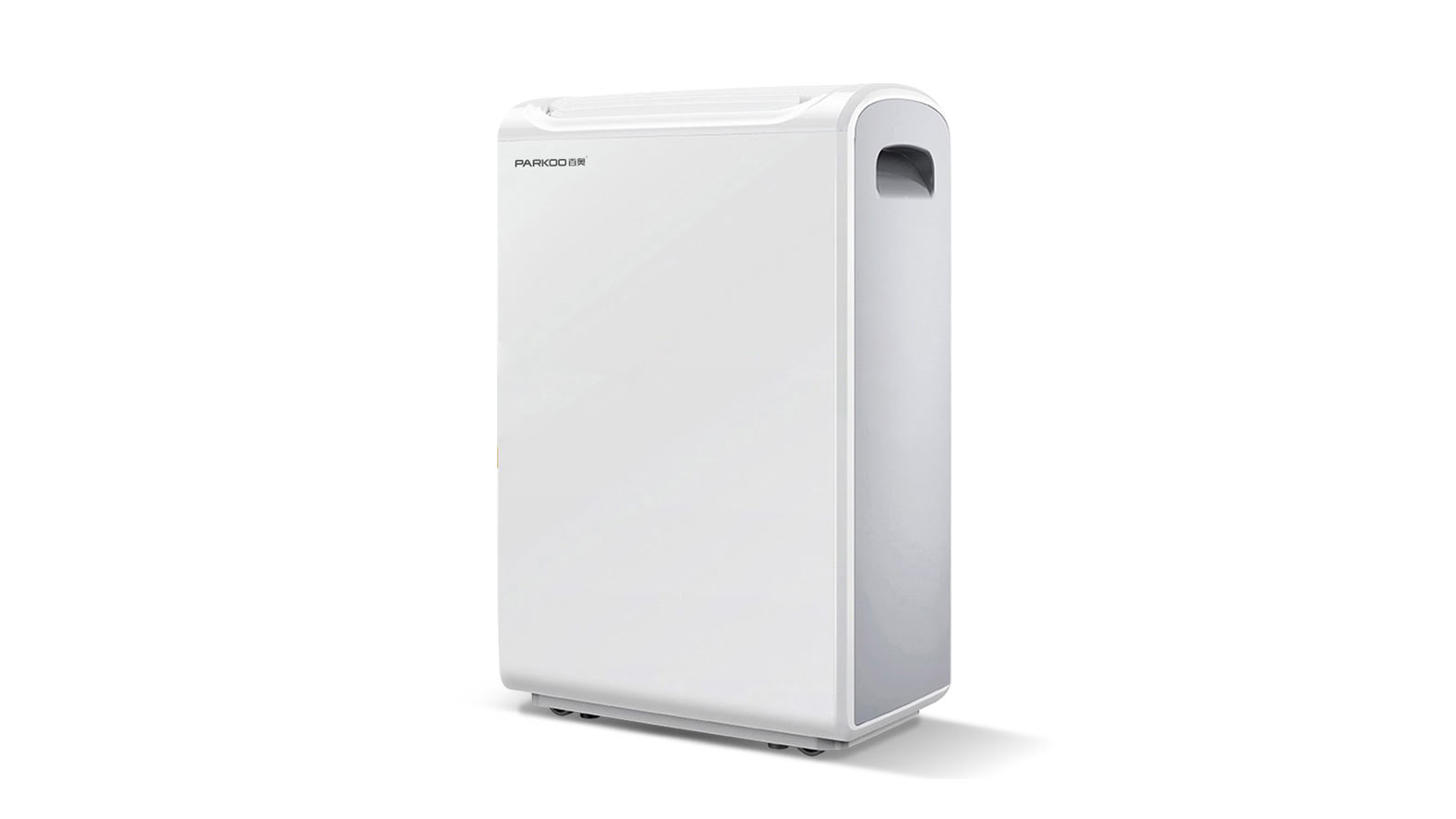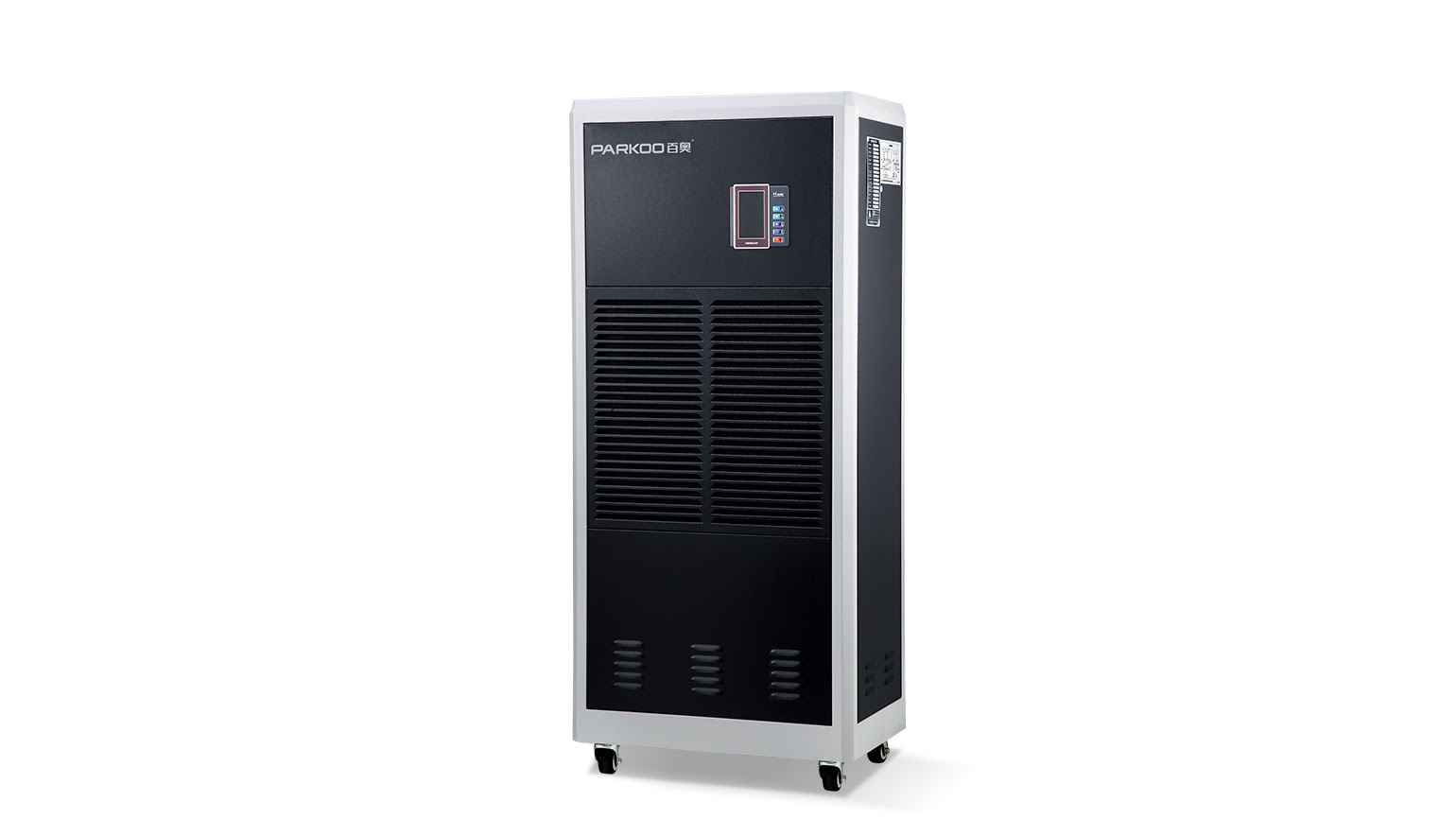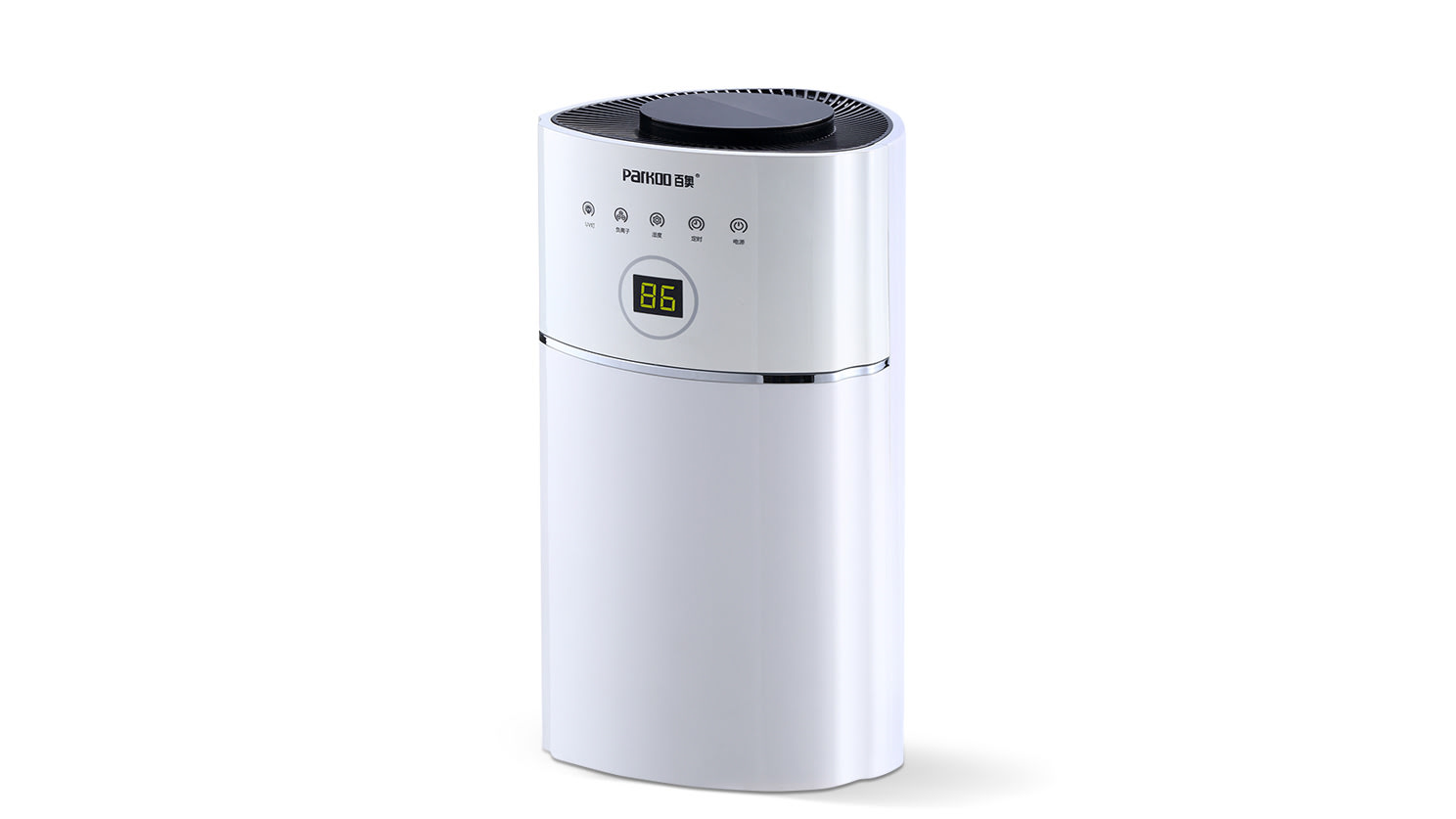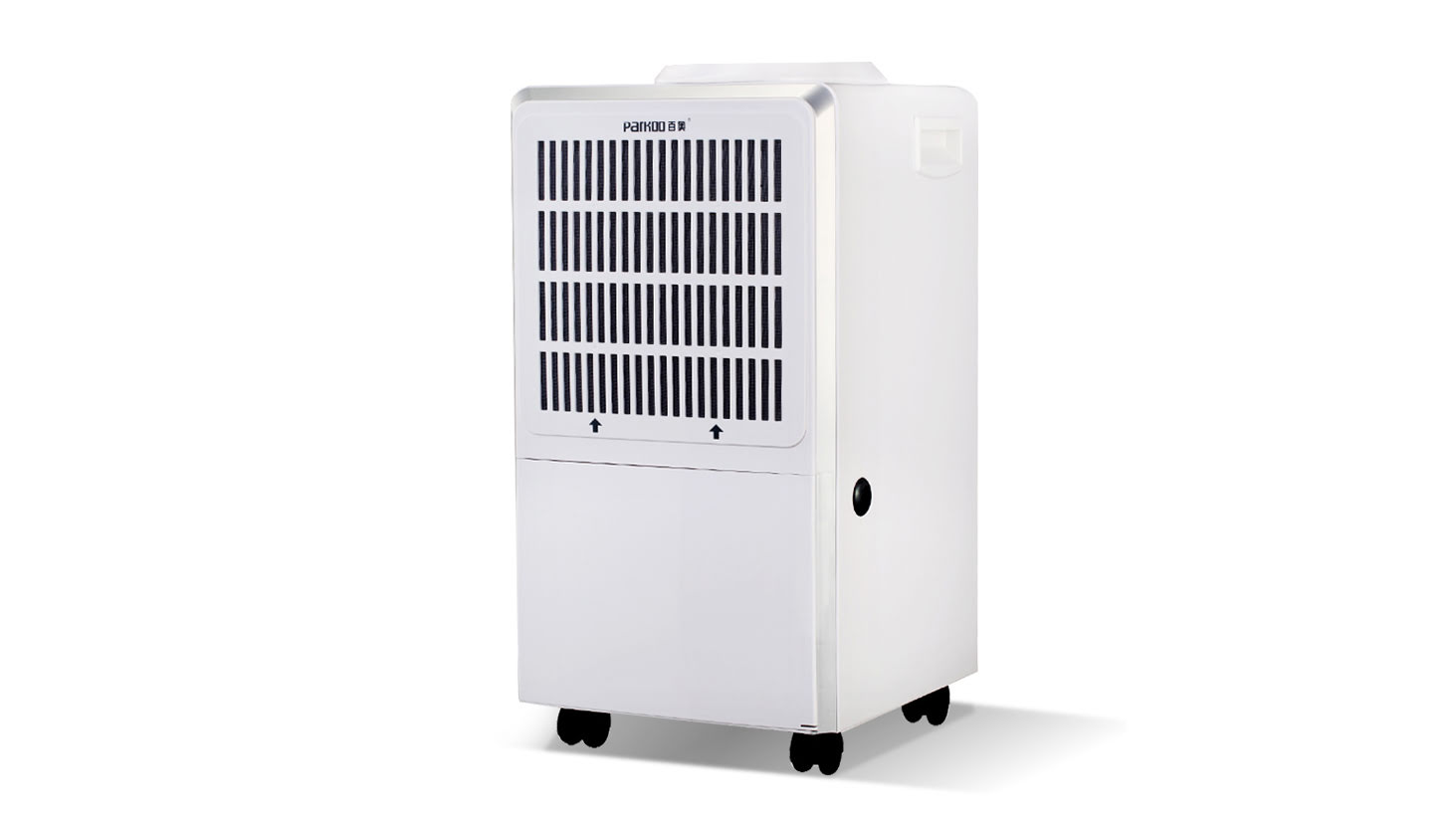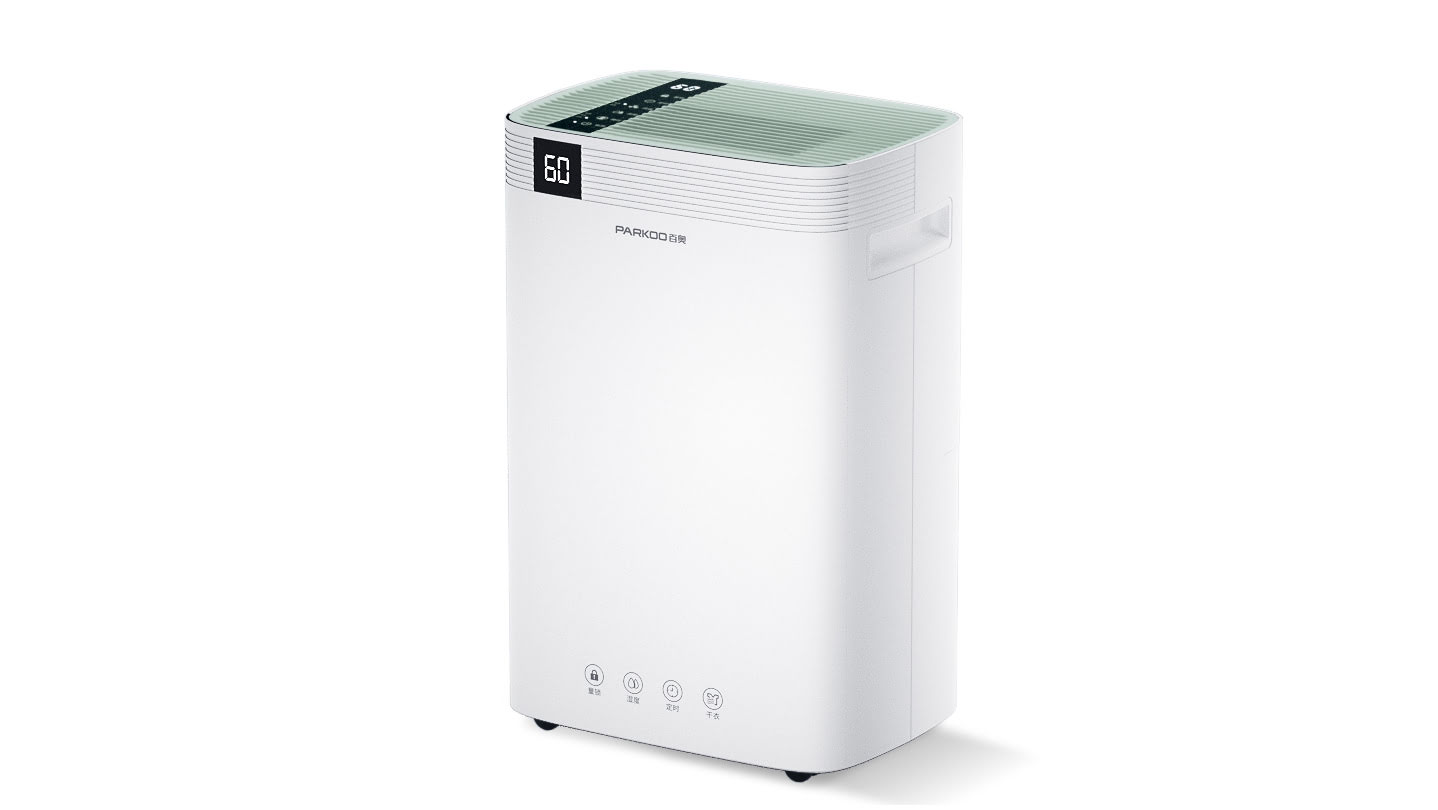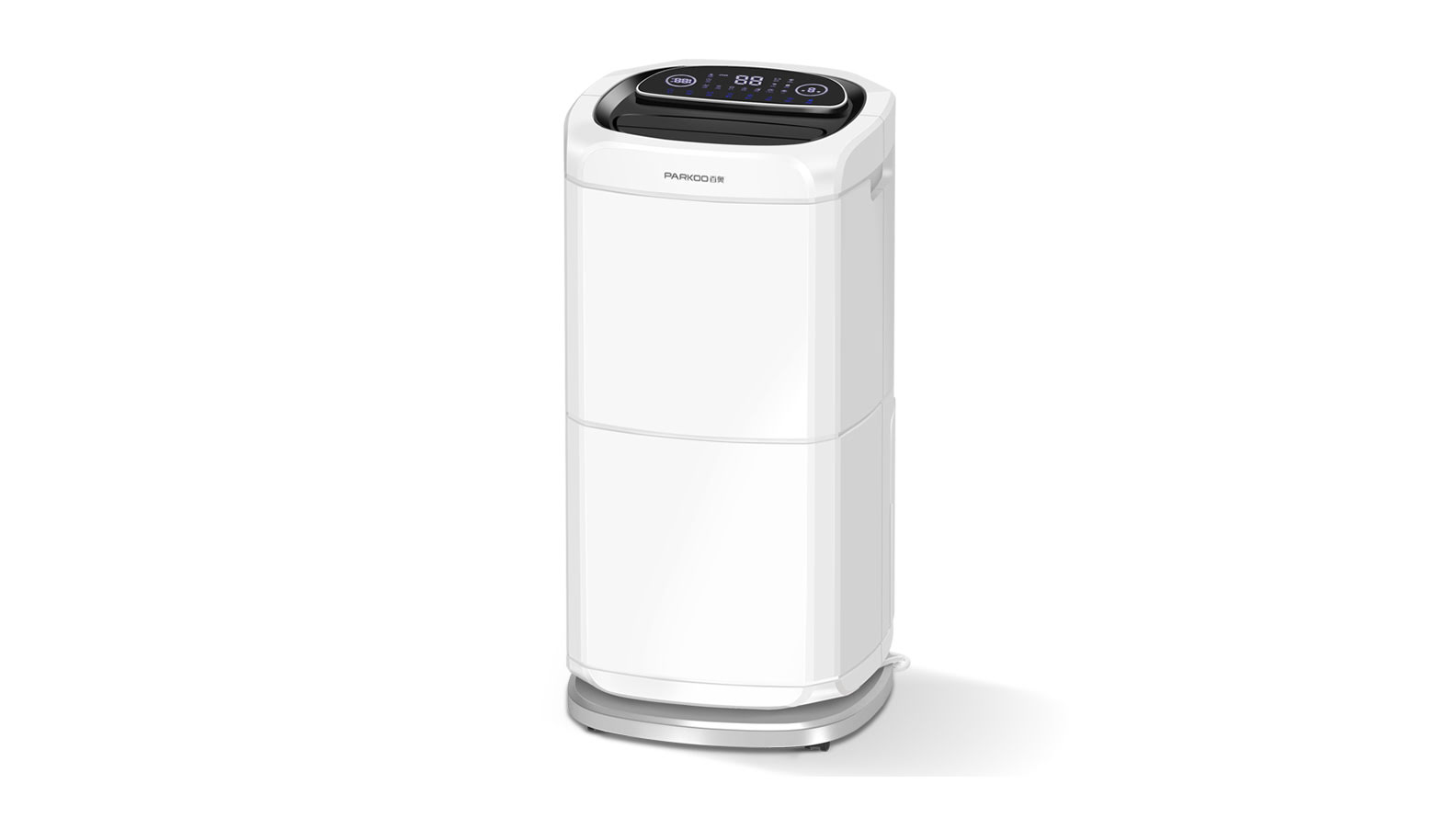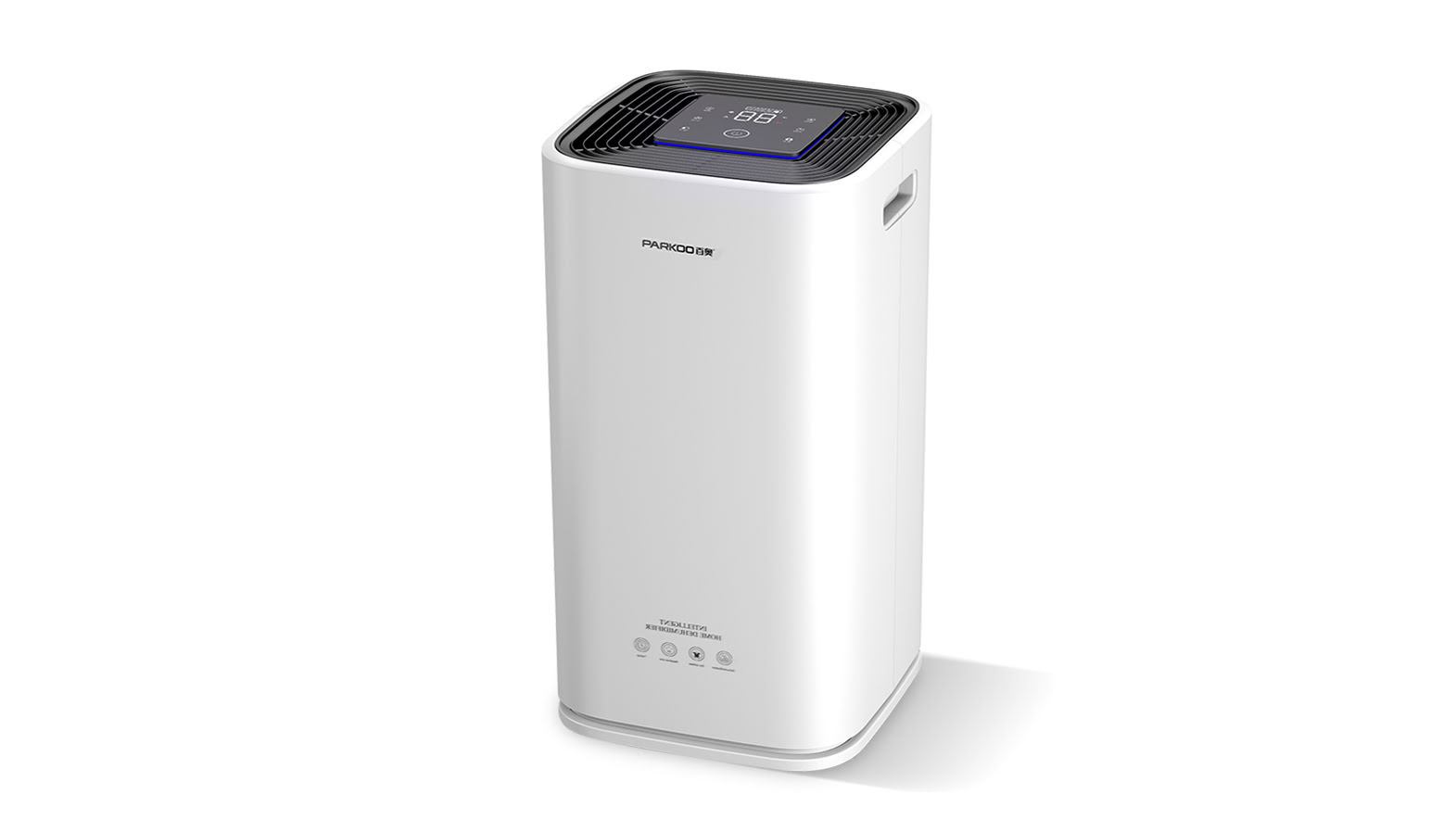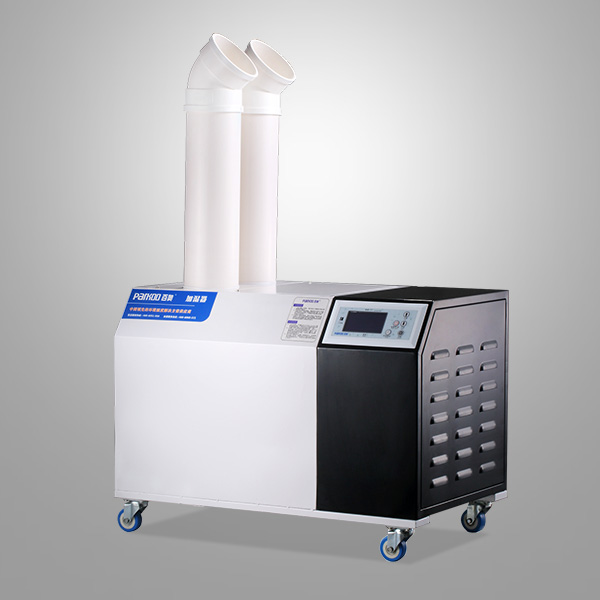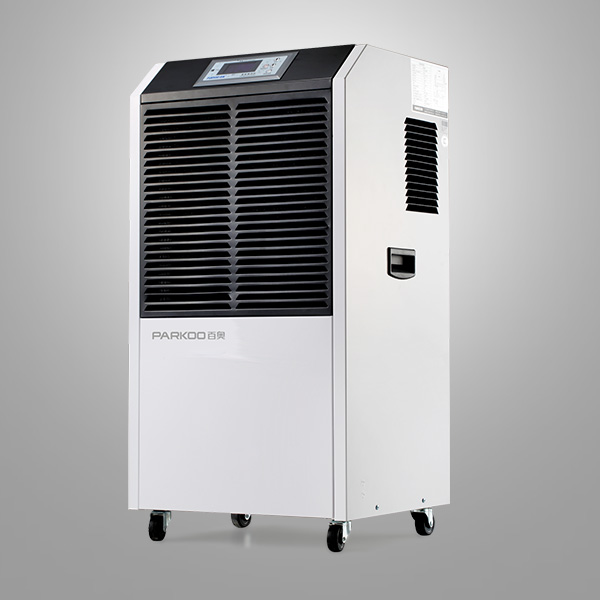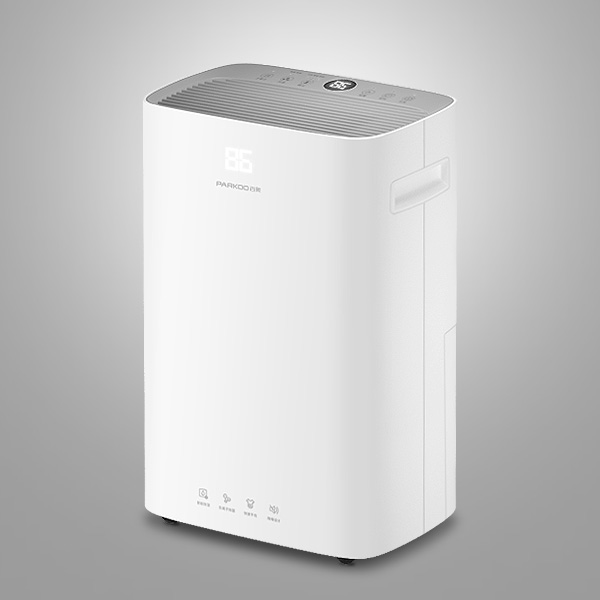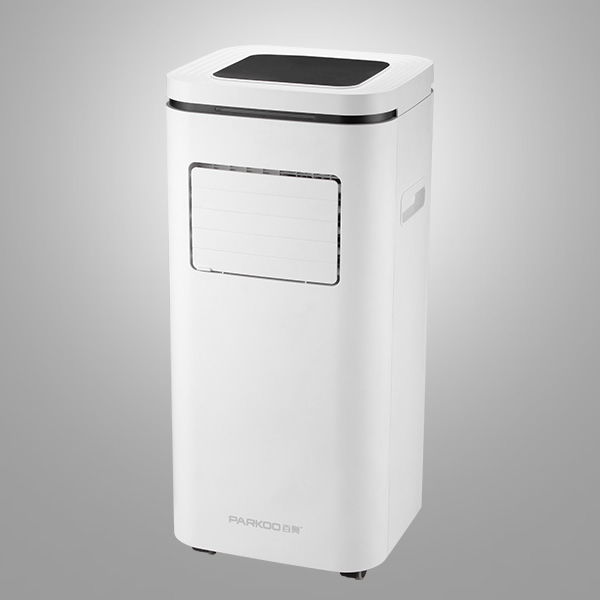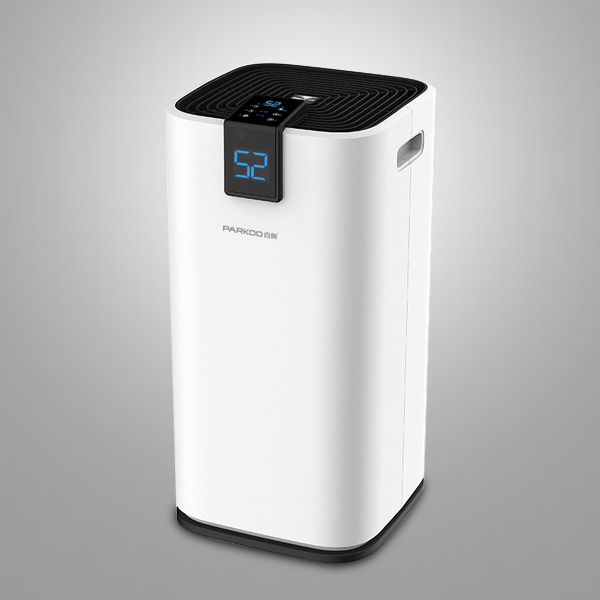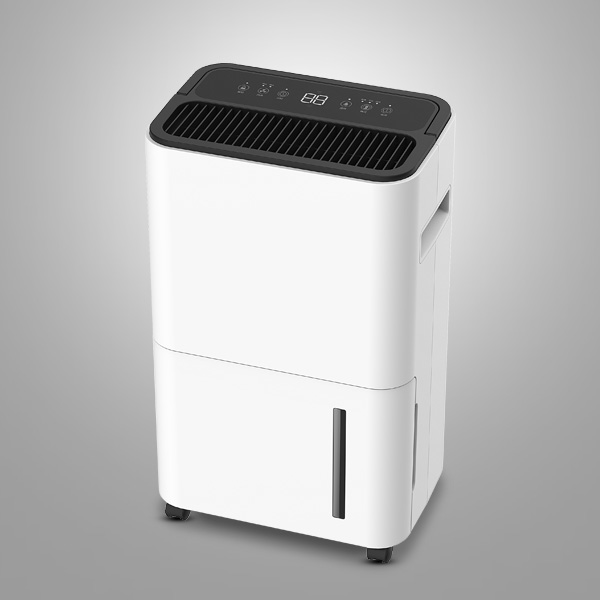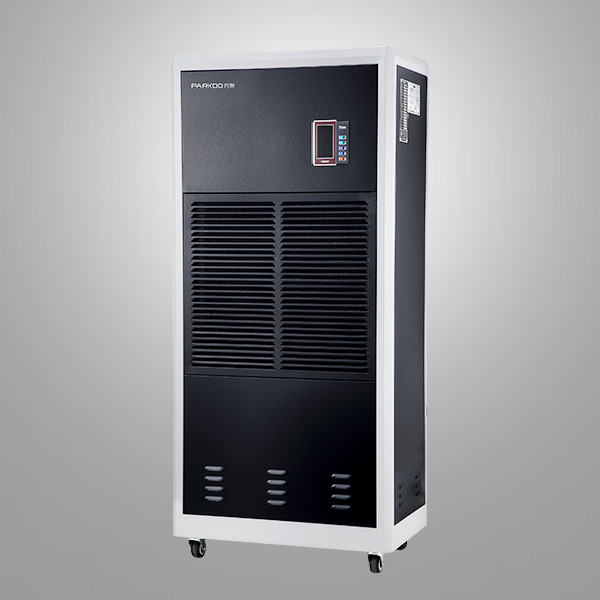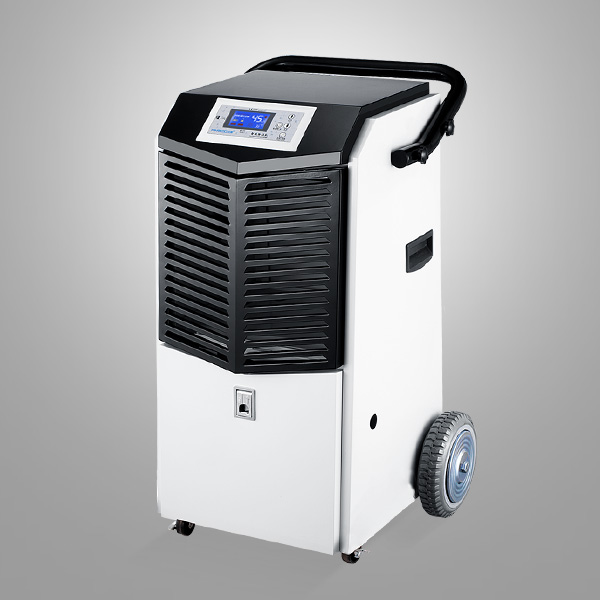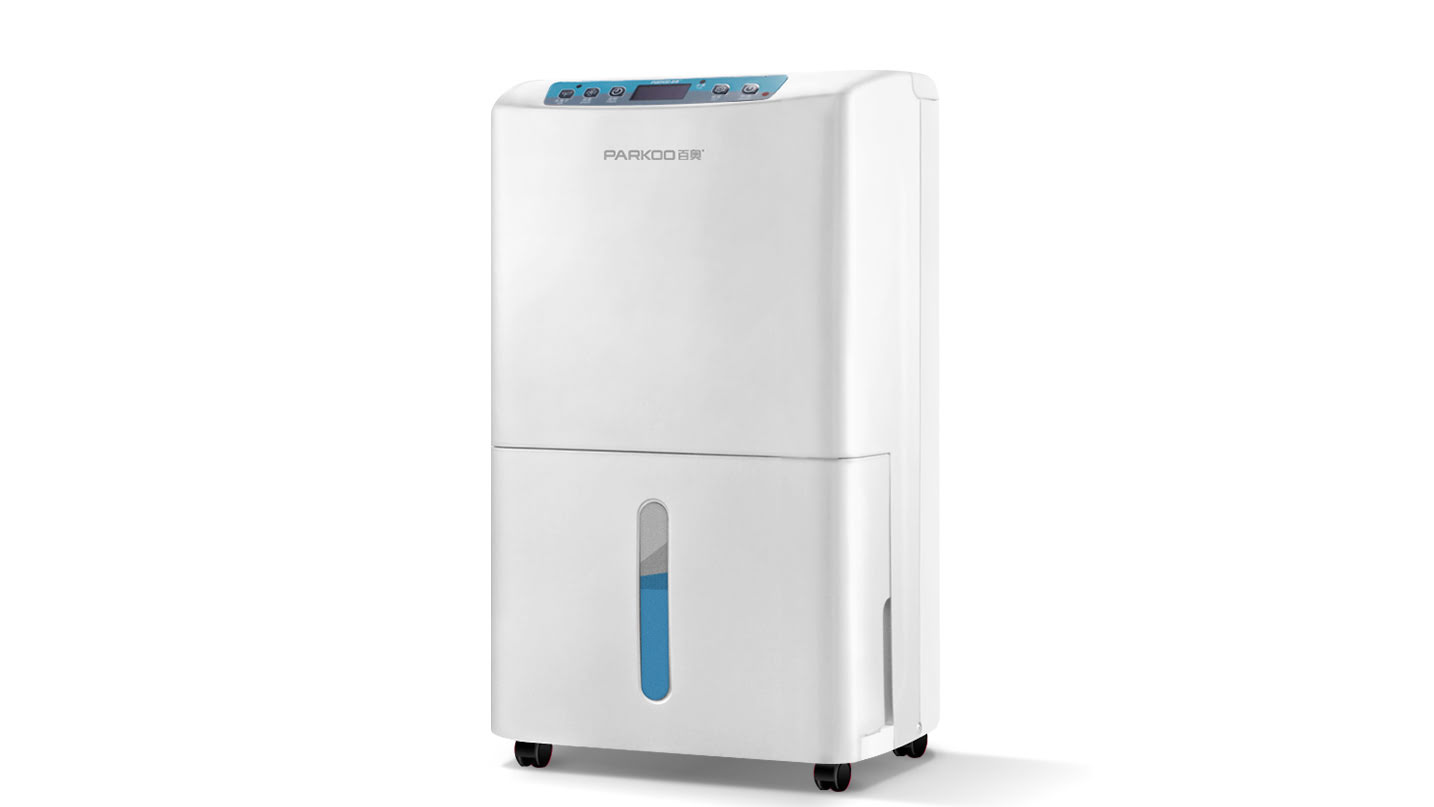Humidity refers to the degree of dryness and wetness of water vapor in the air. Relative humidity refers to the percentage of water vapor pressure in the air compared to saturated water vapor pressure at the same temperature. When the relative humidity in a place is too high or too low, it can lead to environmental hygiene problems and even affect people's physical and mental health Why is indoor air quality important Most people, whether living or working, may spend 90% of their time indoors. If there are no windows or ventilation devices that can be opened, they are constantly breathing the air that others or themselves breathe Low air quality has a significant ripple effect on human health and work efficiency. For example, pollutants in the indoor environment (such as high concentrations of carbon dioxide) can cause chronic diseases, and low humidity can cause dry eyes and sore throats. Generally speaking, low air quality can lead to headaches, physical fatigue, respiratory problems, and lack of concentration. From a work perspective, the absenteeism rate of the workforce will be higher, and when they work in this environment, their productivity level will also decrease. This study has repeatedly demonstrated the connection between air quality, work performance, and healthy living
Indoor humidity standards
Efficient work and healthy living require everyone to have a healthy and comfortable environment. In daily life or work, low air quality is largely related to the humidity of the surrounding air According to physiologists, the comfort of the human body is the result of a combination of temperature and humidity. While paying attention to temperature, attention should also be paid to adjusting indoor humidity. In summer, when indoor humidity is too high, it can suppress human heat dissipation and make people feel stuffy and irritable; In winter, when indoor humidity is too high, it can accelerate heat conduction, making people feel cold and depressed. When the indoor humidity is too low, a large amount of water in the upper respiratory mucosa is lost, causing people to feel dry and prone to catching colds. Experts believe that the upper limit of relative humidity should not exceed 80% RH and the lower limit should not be lower than 30% RH. According to experimental measurements, the most pleasant indoor temperature and humidity are: in winter, the temperature ranges from 18 ℃ to 25 ℃, and the humidity ranges from 30% RH to 80% RH; In summer, the temperature ranges from 23 ℃ to 28 ℃, and the humidity ranges from 30% RH to 60% RH. Most people within this range feel comfortable
Methods to improve air quality
Low air quality is a relatively serious problem in China, and improving air quality is very important.
. One breakthrough point in ensuring high-quality indoor air is to control air humidity and purify the air. The method to improve indoor air quality:(1) Open the window and let the air circulate. This will also reduce the humidity and odor inside the room, especially in the kitchen (2) Regularly replace the air filter to ensure effective purification of air circulation (3) Add indoor plants. Plants are biological air purifiers that have been proven to improve indoor air quality. (4) Install fresh air dehumidification systems. Humidity control is the biggest factor affecting indoor air quality, and installing a fresh air dehumidification system effectively ensures that the indoor air environment is maintained at a comfortable level
